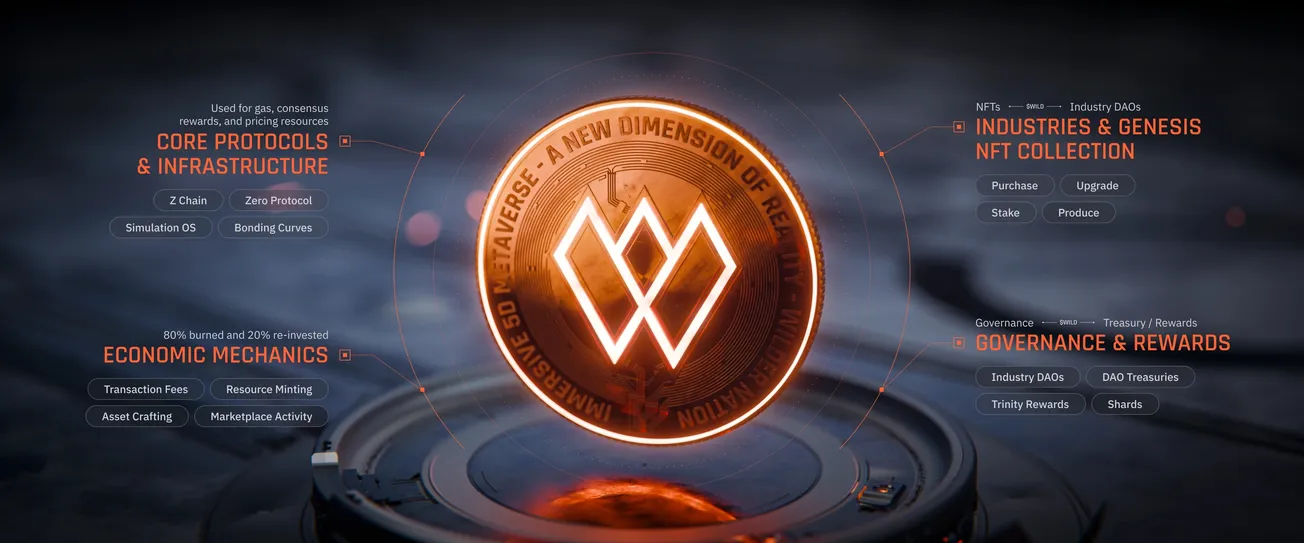Table of Contents
Visa and Mastercard have both announced sweeping new initiatives to integrate artificial intelligence (AI) agents into the core of digital commerce, enabling autonomous software agents to make purchases, manage transactions, and interface directly with global payment networks.
At Visa’s Global Product Drop this week, the company unveiled Visa Intelligent Commerce, a framework designed to let AI agents browse, buy, and manage payments on behalf of users. Mastercard followed with its own product, Agent Pay, allowing conversational AI platforms to embed secure payment capabilities into customer experiences.
The timelines on this are interesting.
— s4mmy (@S4mmyEth) May 1, 2025
Mastercard announces this on April 29th; Only via it's website and no mention of it via @Mastercard or @MastercardNews, unlike the Stablecoin news.
A coincidence that @Visa drops their agentic payments framework a day later?
Could we see… https://t.co/Wdop0l017b pic.twitter.com/hy3sQHGBfk
The dual announcements signal a shift in how traditional financial infrastructure is adapting to the rise of AI-native tools.
“We are taking the power of our network and our decades-long expertise to bring new products and solutions that will transform commerce and bring trust and security to AI-enabled payments,” said Visa CEO Ryan McInerney.
Empowering Agents With Trusted Payment Tools
Both Visa and Mastercard envision a near-term future where consumers interact with AI agents to make everyday purchases—ranging from groceries to event tickets—with little to no manual input.
Visa’s Intelligent Commerce platform provides developers and enterprise partners with access to the company’s global network of over 150 million merchant locations and 4.8 billion Visa credentials. The company says these capabilities will support everything from one-time transactions to persistent shopping assistants.
“Historically, Visa has used AI to protect consumers,” McInerney said. “Now, we will also enable AI to empower consumers.”
Visa emphasized a few core pillars of this next-generation framework:
- AI-Ready Cards: Tokenized digital credentials designed for agents to transact securely on users' behalf.
- User-Controlled Spend Limits: Real-time transaction controls and dispute protections governed by the consumer.
- Consent-Based Personalization: Users can optionally share their transaction history to improve AI agent recommendations.
Partner companies working with Visa to bring these tools to market include OpenAI, Anthropic, IBM, Microsoft, Mistral AI, Perplexity, Stripe, and Samsung.
Mastercard Integrates Payments Into AI Conversations
A day earlier, Mastercard introduced Agent Pay, a tool to embed payments into AI-powered conversational experiences. The goal: to turn smart recommendations into seamless transactions across both consumer and business use cases.
In one example, Mastercard outlined how an AI assistant might curate an outfit based on a user’s preferences, event details, and local weather—and then complete the purchase using Mastercard One Credential.
“This means that for a soon-to-be-30-year-old planning her milestone birthday party, she can now chat with an AI agent… and also recommend the best way to pay,” Mastercard stated in its announcement.
The company is working with Microsoft, IBM, Braintree, and Checkout.com to scale the product across multiple platforms.
Competing Visions for AI Commerce
The announcements from Visa and Mastercard arrive at a moment of rapid experimentation around AI agents in consumer tech. This week, PayPal revealed its own “agentic commerce” initiative, while Amazon, Google, and OpenAI have all released early versions of shopping bots capable of visiting websites, parsing reviews, and assisting with purchases.
Visa’s approach remains firmly within the permissioned financial system—agents must be explicitly authorized and operate within the bounds of Visa’s network rules. Meanwhile, proponents of decentralized finance (DeFi) argue that crypto rails offer agents more autonomy, composability, and programmability across protocols.
Still, the entry of mainstream payment networks signals growing institutional confidence that AI agents will play a central role in how consumers interact with commerce platforms.
“This will be a transformative change,” said Jack Forestell, Visa’s Chief Product and Strategy Officer. “Bringing more magic and convenience to the consumer experience and creating a new world that will forever change how we shop and buy.”
Broader Vision: Stablecoins and Flex Credentials
In addition to its AI-focused announcements, Visa also expanded its Flex Credential product—a next-gen card that toggles between debit, credit, buy-now-pay-later, and other payment types. It will now be offered in partnership with Klarna, including a pilot debit-to-BNPL rollout in Europe.
Visa is also growing its stablecoin infrastructure, collaborating with Stripe subsidiary Bridge to enable developers to issue stablecoin-linked Visa cards via a single API.
As AI agents evolve from novelty to infrastructure, the world’s largest payment networks are laying the groundwork for a new form of intelligent commerce—one where digital assistants not only recommend what to buy, but complete the transaction too.






